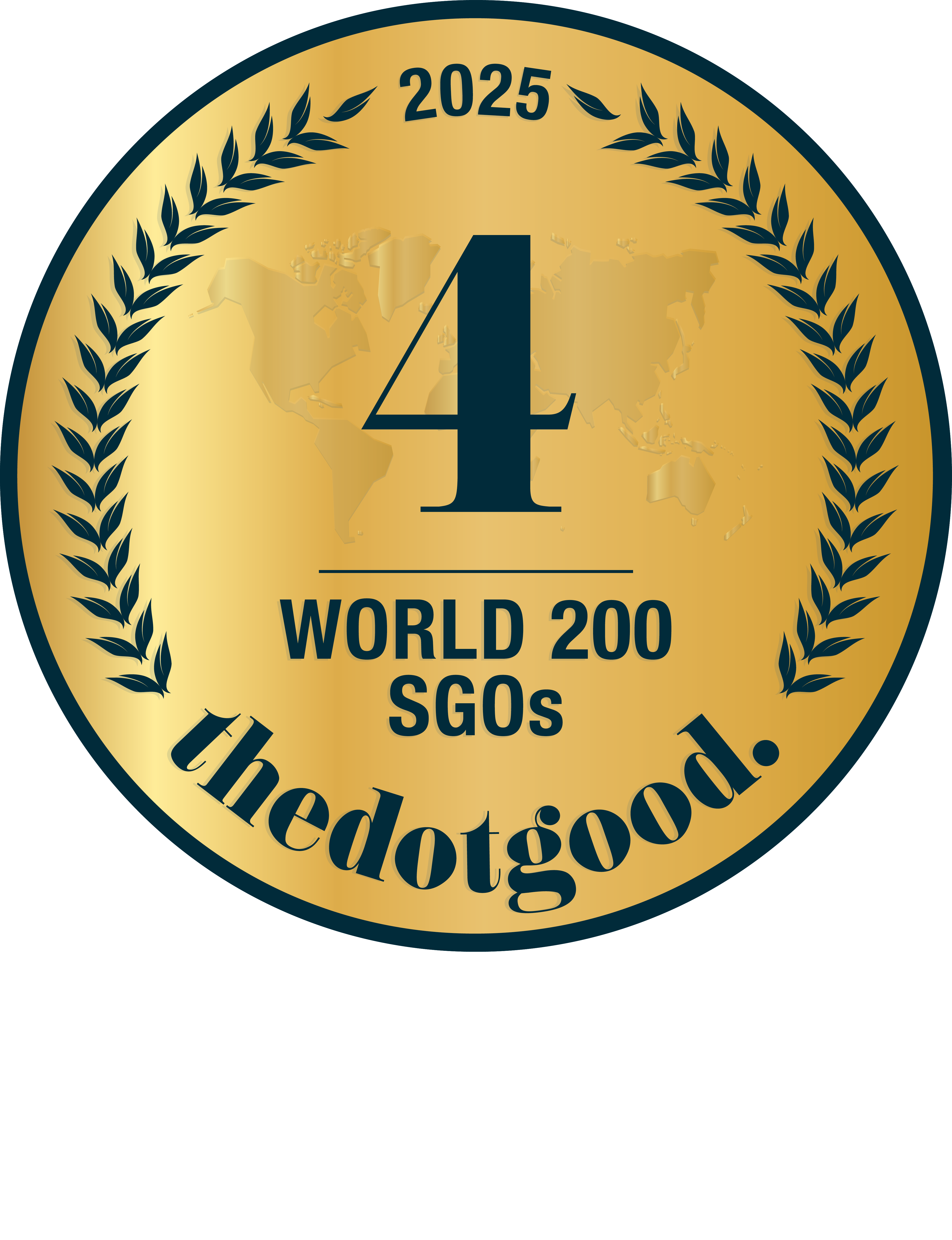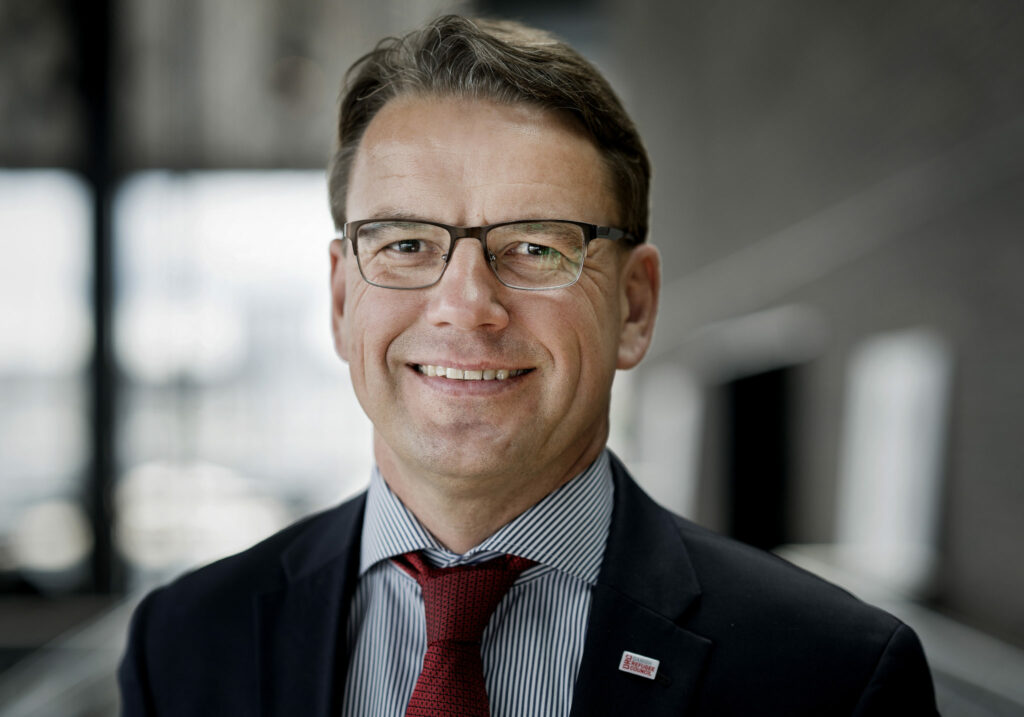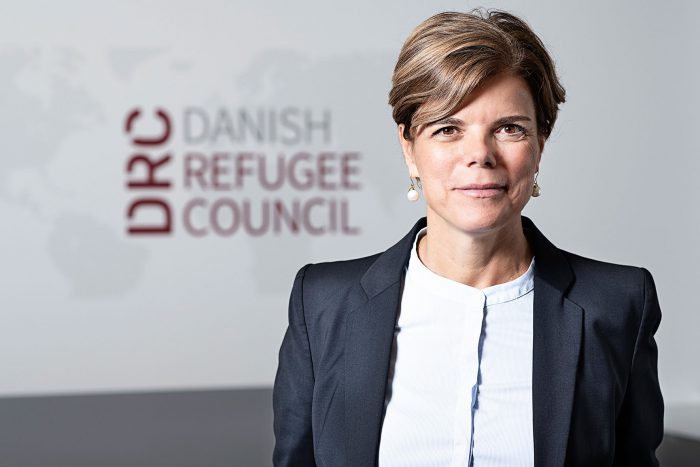DANISH REFUGEE COUNCIL
We Are There

0
Likes
0
Followers
Number of employeeS
9000
Year of Registration
1956
Number of Followers
0
Annual income
EUR 0.43 billion
Category of SGO
Non-profit
Country
Denmark

Christian Friis Bach, Danish Refugee Council’s [former] Top Executive Reflects on Digitization and Its Impact on Operations
“We Took a Big Leap Forward to Integrate Digitalization: It Will Make a Difference to People in Need”
By The [.] Newsroom
From thedotgood's Editorial Desk
January 30, 2019

